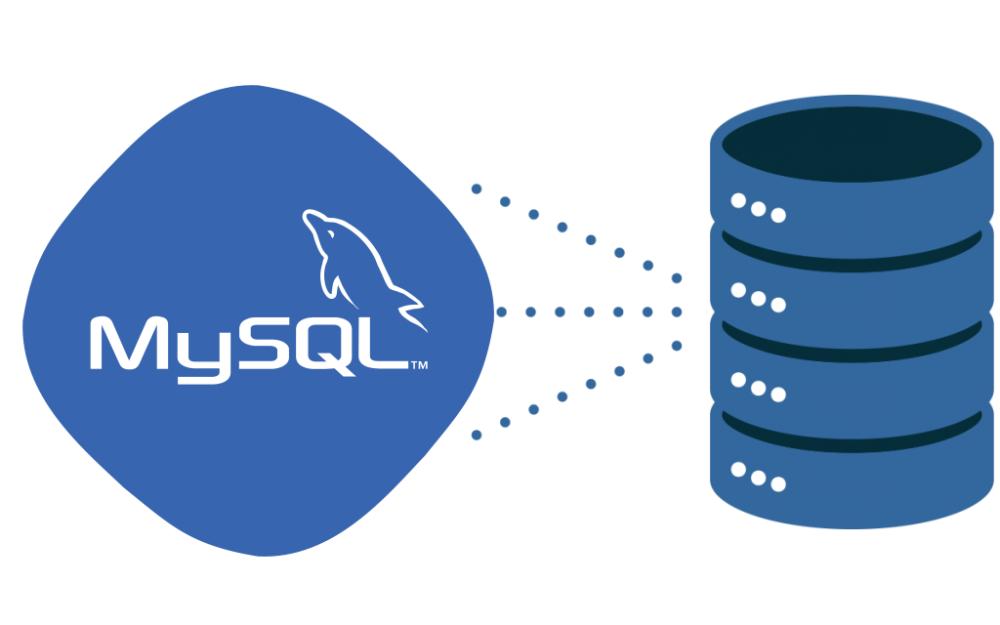There are instances where the selection of relational database management systems is not suited for a long-term project’s specific needs or your business goals for the future. This is where you might consider the process of migrating from the SQL server to the MySQL server. However, before you kick-start this process, you must ensure that the data migration process is conducted in a smooth manner so that you do not face any hassles subsequently.
Experienced professionals in database management and administration say you should never rush into the process of database migration without considering its pros and cons. Note that every business’s needs are unique, so what might suit another business might not be right for you in the long run. You must consult experienced DBAs to consider the advantages of such migration to make sure it outweighs any disadvantages caused to your business due to the migration.
Guide to successful SQL to MySQL database migration
The following are some simple steps that will help you to make the above data migration process a seamless and smooth one-
- Analyze the database you currently have- You should create a baseline for performance for the SQL database. Compare the data before the deployment of the MySQL database so that you attain the performance goals expected and bring in the improvements you anticipate.
- You should audit your SQL Server database to boost its data quality- Make sure you get rid of all the junk data you do not need. This can be done by de-duplicating the database. In short, it means you need to clean your database up as you do not want to have poor data migrating into these servers. You should address all the issues in advance before it goes into the new database.
- Conduct a checklist of all your project schedules and deadlines- Make sure that the data migration does not entail significant downtime for your business operations. You should enter into discussions with stakeholders to curb any disruptions. Get detailed feedback from all teams and departments in the business and from client accounts that are large. When downtime occurs due to the data migration process, it is obvious that everyone will not be pleased. However, you do have the chance to reduce its impact on those projects that are critical and top-priority in nature.
- Determine the best type of deployment that will work the best for you during the migration-You need to research and find out the best type of deployment that will work for your SQL server to the MySQL migration process. Experience DBAs must be consulted in the field to help you determine whether you should go in for a cloud migration from the premise, or would you rather go in for a hybrid infrastructure. You should determine the sort of deployment and its associated resource needs before you proceed with the planning process in detail.
- Establish a realistic timeline for extensive testing- You never know in what form a delay might be caused to the process. No matter how much you plan for the best-case scenarios, but there are some times when things do get out of control. This is where you must ensure you have a realistic timeline so that there are no hassles and stresses in the future. You should create time for testing for the schedule that you want to develop.
- Get sufficient people in your team to deal with the data migration process– You must have the correct mix of staff to manage the SQL server’s data migration to the MySQL database. You should consider joining hands with a qualified database managed service provider for this task if you do not have a qualified in-house team of professionals. Contact credible companies in database administration and management like DBA.com to help you. In this way, you will have a team of good specialists on board managing the critical database and IT tasks.
- MySQL training materials should be in place- This is a vital step that you should never ignore when you are considering SQL to MYSQL database migration. Make sure you offer relevant training seminars and workshops to all your staff who will be dealing with the new database. The right resources should be in place too. Though you will have database professionals who are already experienced in technology, you should improve awareness of its benefits and features. This is where a training program is needed as it helps specialists in the field of SQL servers to upskill themselves into MySQL so that they can easily adapt to the change.
- Data Back-Up – You should know that any database migration results in data loss if you are not careful. There are risks involved in the process. This is why it is here that you must check and backup your data before the process begins. For the task, you should have a disaster recovery plan ready, and it should be robust. When you have this plan made, you get the safety net you need in the event of unexpected issues that might arise. These issues have the ability to corrupt and even delete critical data.
Therefore, from the above, it is evident that data migration from the SQL to the MySQL server does not mean there is a loss of tension, hassles, and stress involved. The process can be made seamless if you keep the above factors in mind. You should prepare for this data migration process much in advance and have the right team by your side.
Consult good database professionals from a credible remote DBA company if you do not have an experienced team of IT specialists to manage the data migration process in your organization. Allow them to carry out the migration for you to enjoy the process of a seamless transfer safely. Moreover, with their intervention in the process, your database will be secure not only for today but for the future too!







Recent Comments